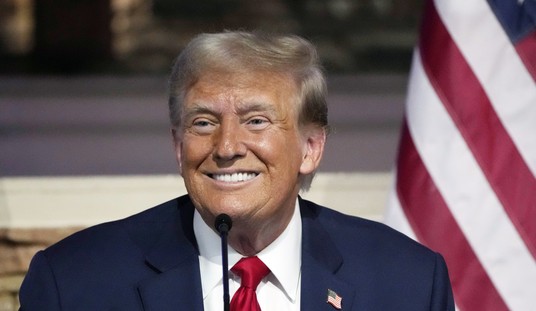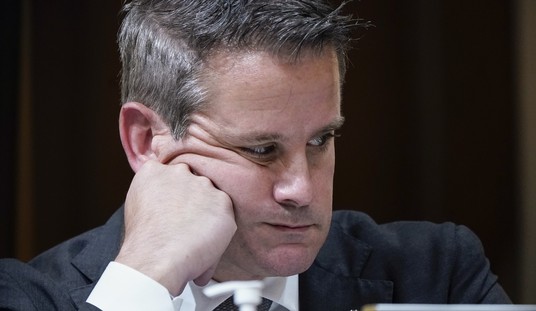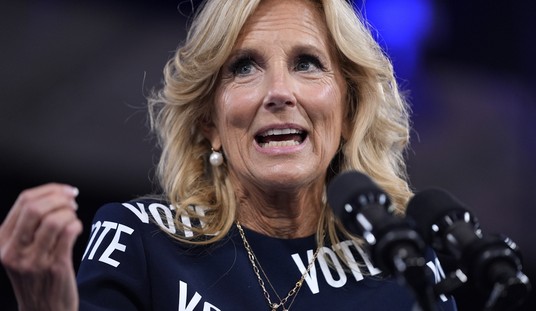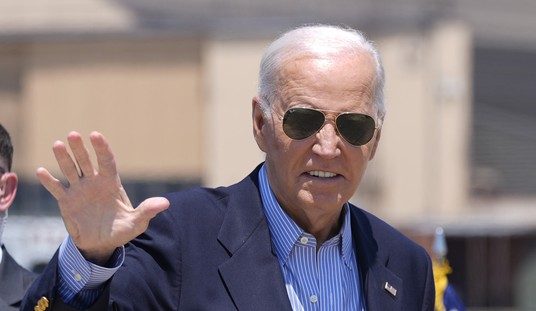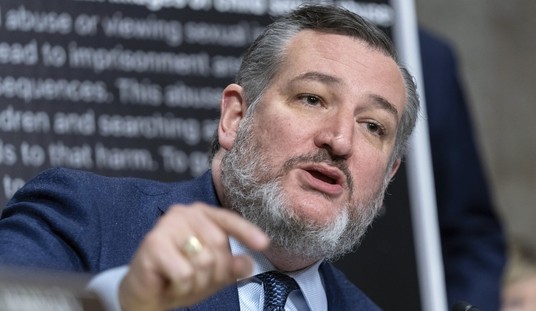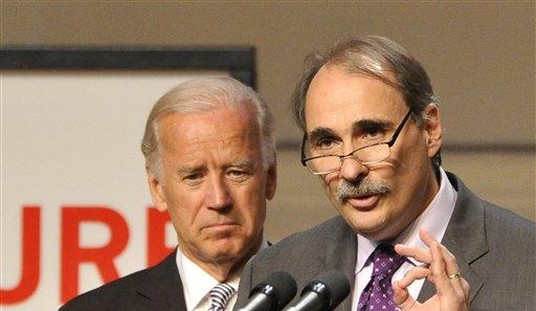With all the excitement of the upcoming debate Thursday night between President Joe Biden and former President Donald Trump, there is one issue that I doubt will be talked about and in all reality, at least half if not the whole debate should be just focused on this subject.
That issue is quite simply that the United States of America is close to 35 trillion dollars in debt, and one of those two individuals, along with the next Congress, is going to have to tackle that problem.
Possibly, just pretend for a moment to give a damn.
With all due respect to those who might think that Robert F. Kennedy Jr. or Jill Stein have an idea about how to tackle this, I appreciate the thought, but they don't. I'm not saying the other candidates necessarily do, but there are always those passionate about a third-party candidate who get upset because their preferred candidate never gets mentioned
In case you do not believe the number is that high, here is the actual number in REAL TIME for you to check out, and it is flabbergasting. The nation's leaders, for years, have been kicking this can down the road, and that road is crumbling and looking like a fiscal cliff is approaching.
Some people are noticing.
Add to this that the U.S. is a rapidly aging society. Americans 65 and older made up 9% of the population in 1960. Today, this figure is 18%, and it’s projected to rise to 23% over the next three decades. As older Americans’ share of the electorate increases, so will the cost of guaranteeing them basic income and medical security. I doubt many elderly voters will rally around a fiscal strategy that reduces their benefits.
Continuing on our current fiscal course will mean a gradual loss of America’s financial independence followed by an abrupt economic decline. The U.S. will have to ask the rest of the world to finance its debt, and it’s reckless to assume that other nations will do so indefinitely. The risk is that countries the U.S. relies on will draw back gradually—and then suddenly, when some unforeseen shock crystallizes their mounting doubts. As the late economist Herb Stein quipped, “If something cannot go on forever, it will stop.”
We have to recognize the consequences of these realities and start taking steps to secure America’s fiscal future. Leaders with vision should address these issues realistically and make the case to the public that they must either pay for the programs they want or agree to cut them. Faced with this choice, I suspect that voters would support the higher taxes that are needed to stabilize Social Security and Medicare for decades to come, help families with young children, and defend the country against mounting threats.
The problem is leaders with vision are not necessarily in short supply, but they get elected and, particularly on the congressional side, their goal is to get reelected. Of course, that is an instinct for a politician, but to do the things that truly need to be done would absolutely kill their chances at the ballot box in their next cycle appearing before the voters.
Now, in my attempt to be all bipartisan on this issue, both Republicans and Democrats have used government debt spending as a weapon to beat the other side into submission. This is a political game that they both do every two or four or six years, depending on the office, and if they are lucky enough to get elected, it is immediately dropped except when a kabuki dance is done about voting to raise the debt ceiling limit. Over the past number of years, particularly in the period that the Republicans have held speakership in the House, we have seen this drama play out.
Yet, can you name one elected official on either side of the aisle who puts up any level of opposition about raising the debt ceiling and then explains what we will have to do to lower our current deficit spending? In my reading of this over the past number of years, I have not found one person on the Democrat or Republican side who actually says what needs to be said because it would be political suicide.
We have to cut Social Security and Medicare spending.
Guess how popular that discussion will be.
I wish I could recommend an article or a book that would point myself and the country in the direction that we need to go and make this as politically painless as possible, but I have not yet come across that.
However, I do know that after the election of 2024, and when hopefully the passions of both sides have cooled, the new president and Congress will be able to start to chart a path forward on how to tackle this overall problem.
As I mentioned above, the can has been kicked down the road long enough to take this on and it needs to be dealt with after this election ASAP.
I hope enough people agree with that, and it gets done.



